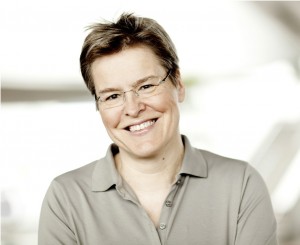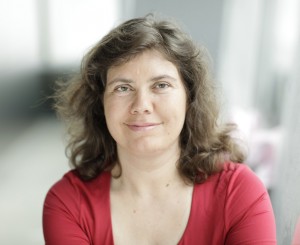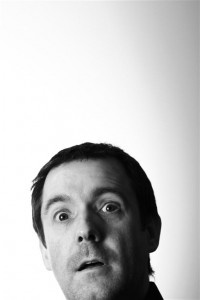Some people have expressed interest in the overall demographics of the speakers at WordCamp Europe. Since all of the speakers are now confirmed it’s a great opportunity to share some of them with you. I’ve been coordinating the speaker submissions and selection process. I’ve also had a number of questions about the process which I’m happy to detail.
The Aim of WC Europe
When we started discussing WordCamp Europe, we had a number of aims in mind:
1. To showcase speakers from across Europe at a large-scale WordPress event
2. To bring in overseas speakers that people living in Europe would normally have to travel to the USA to see
3. To provide an environment for creating cross-European collaboration and collaboration with the wider international community.
These were all kept in mind while carrying out the speaker selection.
The Data
Let’s start with a basic table. Below are the demographics of submissions alongside the number of speakers. Note that this is based on where people currently live, as WordCamp Europe constitutes a local WordCamp for anyone living in Europe.
| Country |
Submitted |
Speaking |
| Non European |
|
|
| South Africa |
3 |
1 |
| USA |
25 |
6 |
| Israel |
1 |
1 |
| Japan |
1 |
1 |
| Australia |
2 |
|
| Canada |
1 |
|
| Zambia |
1 |
|
|
|
|
| European |
|
|
| Italy |
2 |
2 |
| The Netherlands |
14 |
4 |
| Belarus |
1 |
1 |
| Bulgaria |
3 |
1 |
| Switzerland |
1 |
1 |
| UK |
11 |
6 |
| Luxembourg |
1 |
1 |
| Norway |
3 |
2 |
| Germany |
6 |
3 |
| Serbia |
1 |
1 |
| Spain |
6 |
2 |
| Portugal |
1 |
1 |
| Austria |
2 |
1 |
| Ukraine |
1 |
1 |
| Belgium |
1 |
|
| Denmark |
1 |
|
| Estonia |
1 |
|
| France |
3 |
|
| Ireland |
1 |
|
|
94 |
36 |
The figures work out as follows:
- European speakers: 75%
- Non-European speakers: 25%

The WordCamp central guidelines around speakers states that “If you aim for at least 80% local/regional and no more than 20% visiting, you’re doing great”. WCEU is pretty close to that, which we’re happy with.
We can also compare the number of people speaking to the number of those applied:
- European submissions: 64%
- Non-European submissions: 36%

Europe had a 64% submission rate and 75% of speakers are from Europe. This means that there is a higher success rate among Europeans as opposed to non-Europeans. This isn’t surprising since we heavily weighted the decision-making process to Europeans.
We did get a lot of submissions from outside of Europe, particularly from the USA. We had 25 submitted from the USA, the next highest was 14 from the Netherlands! It’s great to see that people from all over the world are supportive of WordCamp Europe, and willing to pay the high travel costs required to fly in for the event.
Decision Process
The decision process worked as follows:
- the team constituted 11 people from the following countries: UK, Ireland, Germany, Portugal, France, The Netherlands, Italy
- all members of the team voted anonymously, allocating a Yes, No, or Maybe
- Points were allocated: 2 for yes, 1 for maybe, 0 for no
- Points were tallied.
- as a group we reviewed all of the applications. When two presentations were similar and the speakers of a similar quality, the European candidate was chosen.
Lots of talented people were turned down. It was a difficult process and there was lots of back and forth discussion to get it right.
We think, however, that in the end we’ve got a good balance of speakers, including demographics and topics.
I’m happy to answer any questions in the comments about process and overall demographics. However, it wouldn’t be fair to comment on individuals so please don’t single out speakers for discussion.







